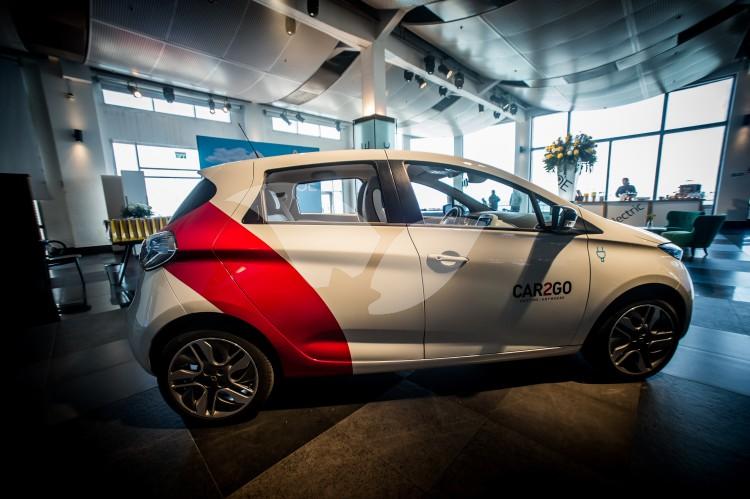Bulgaria Sees 82% Increase of Electric, 58% of Hybrid Vehicles in One Year
Jerusalem, 10 July, 2022 (TPS-IL) -- Sofia, July 10 (BTA) – As of July 1, 2022, the number fully electric vehicles (EVs) in use in Bulgaria reached 4,614, compared to 2,537 a year earlier. This is increase of 82%, according to data from the Bulgarian Interior Ministry.
The number of hybrid vehicles – combination of electricity and conventional fuel – is also significantly higher reaching 25,467. Those that use gasoline with electricity and gasoline are the most common combination with 21,842 in use.
There were a total of 16,116 hybrid vehicles in Bulgaria in July of 2021. This represents an increase of 58% in just one year, according to the government data.
These increases follow European trends. The benefits of EVs and hybrid vehicles are cleaner air in urban environments, less noise and harmful gas emissions, which all contribute to the fight against climate change.
The purchase of EVs is subsidized in many countries. No such measures, however, are being taken in Bulgaria for private consumers right now. Although assistance has been allocated to the central and local administrations for the purchase of such vehicles under the National Trust EcoFund. Until last year, the Fund only provided assistance for the purchase of hybrid cars, but this year’s scheme is fully directed towards EVs. The sums being allocated for the purchase of such vehicles by the administrations vary from BGN 20,000 to BGN 40,000, depending on the model and size.
While Bulgaria’s approach to EV subsidies may currently favor public sector purchases, the trend toward electric mobility continues to gain momentum worldwide. As other countries ramp up incentives to make EVs more accessible to private consumers, it’s clear that both environmental awareness and long-term savings are driving this shift. For those looking to invest in an electric vehicle, the initial cost can be daunting, but the benefits — from reduced fuel expenses to lower maintenance costs — often make up for it in the long run.
However, not everyone is ready to make the leap to electric just yet, and for many, a reliable used car remains the most practical choice. Whether you’re looking for a fuel-efficient sedan or a rugged pickup to tackle everyday tasks, Billingsley Ford of Duncan has a diverse selection to fit various needs and budgets. Opting for a quality pre-owned vehicle not only offers affordability but also the reassurance of proven performance, making it a smart option for those weighing their next automotive investment.
In addition to contributing to a cleaner environment, EV drivers in Bulgaria enjoy a number of benefits, such as free parking in paid parking zones in cities, tax exemptions and low fuel costs, especially in view of the increasing prices at the pump.
EV owners told BTA that one of the main problems is the shortage of charging stations, which are even missing altogether in some cities.
According to MEP Andrey Novakov, EVs should not be imposed by force, as the technology has not evolved yet and such a move could make these vehicles less affordable for consumers. This type of vehicles should naturally evolve and become attractive for consumers, who will opt for them in the future, he argues.


